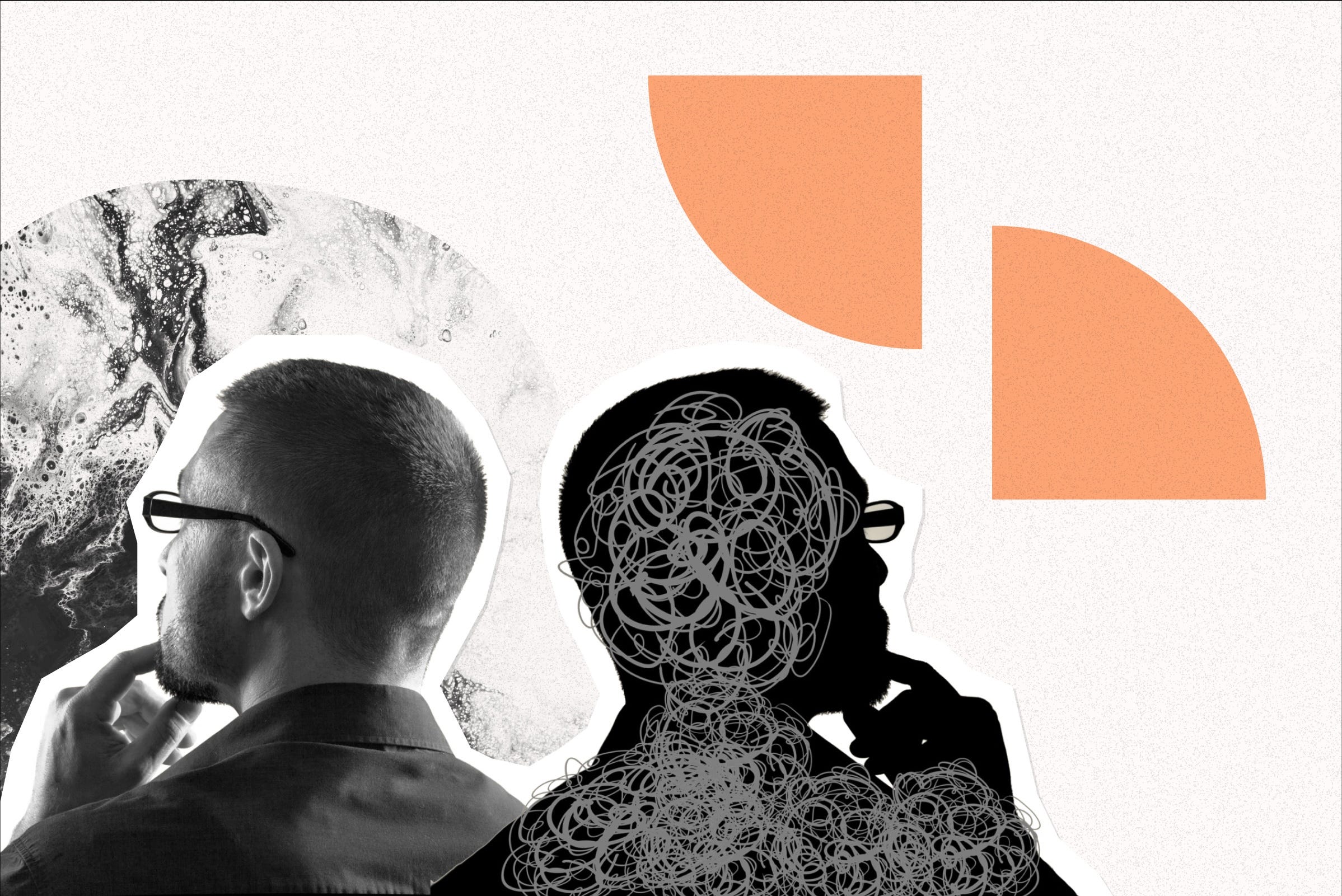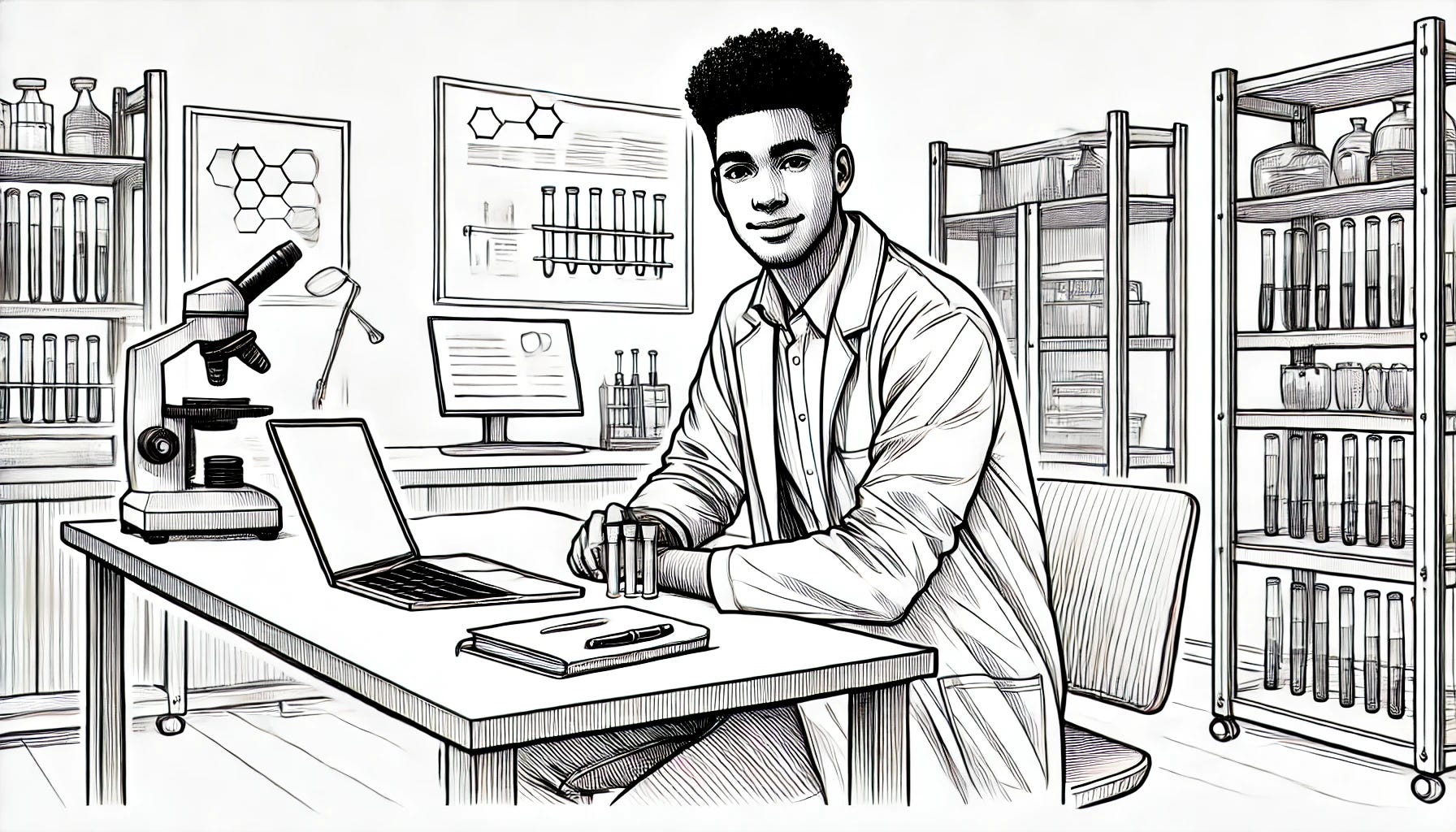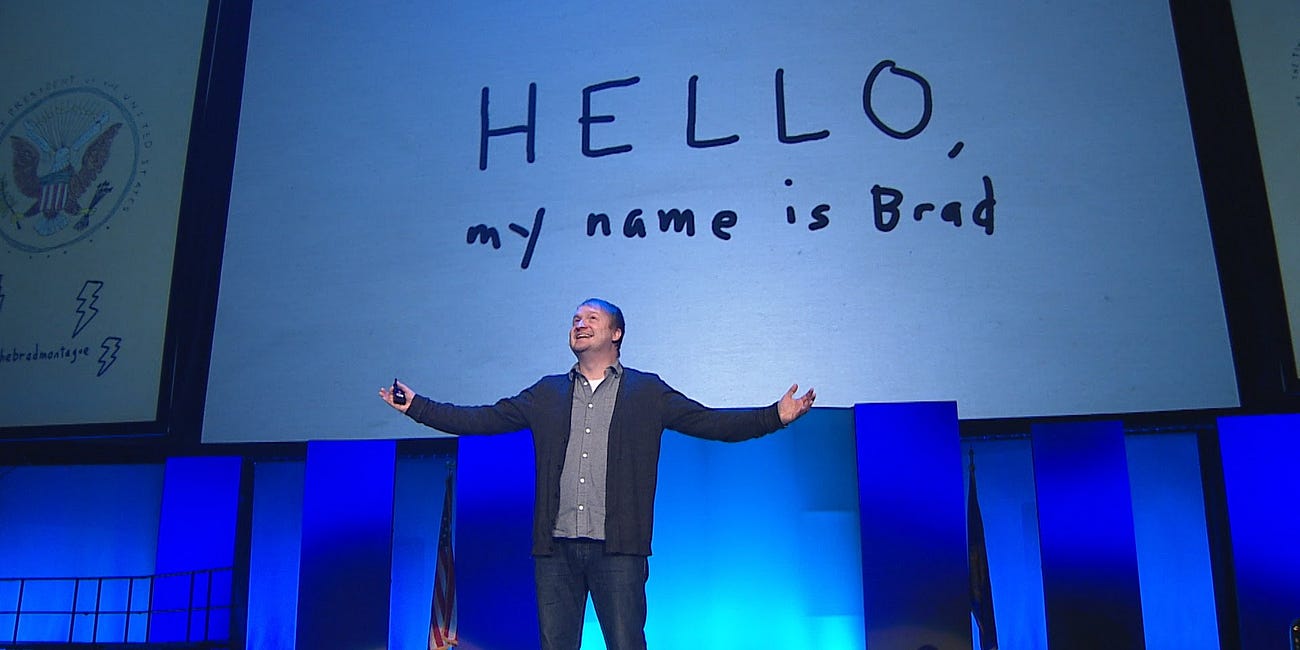You’re reading A Year of Mental Health, my free 3x/week newsletter on purposeful productivity. If you find it helpful, click the “like” button at the top or bottom and share the post with someone who might benefit from it. 💚 Can you remember a time in which you almost succeeded at an important goal—but then, right at the end, fell short?Maybe you applied for a job and made it to the final round, maybe even as one of the top two candidates—but they chose the other person. Or perhaps it was a college or scholarship application, a business idea, or something else where you thought you had a good chance … but it didn’t go your way. Researchers at Northwestern University studied this topic of “almost winning.” They sought to understand the effect on people of coming close to achieving their goal, yet falling short. How would this event impact what the subjects did next? To find out, the researchers looked at public data relating to junior scientists applying for U.S. National Institutes of Health (NIH) grants. In the world of science, these grants are extremely important. They can make or break a career, and much of the application process is handled with transparency, open for anyone to see and study. By focusing on grant proposals that fell just below and just above the funding threshold, the researchers compared “near-miss” with “near-win” individuals to examine longer-term career outcomes. What did they learn?The researchers learned that there were two powerful, opposing effects. First, losing out on a grant had a ten percent chance of causing a junior scientist to completely disappear from the NIH records. They changed careers, walked away. The obvious lesson: losing is hard. But, second, there was a statistically significant effect among the ones who didn’t walk away after losing. Despite the early setback, individuals with near misses systematically outperformed those with near wins in the long run, as their publications in the next ten years garnered substantially higher impact scores.¹ All together, it supports a theory: what doesn’t kill you might make you stronger. It just doesn’t happen automatically—some people get taken out by setbacks, but others allow setbacks to serve as motivation for the next attempt.When I heard about this study, I thought about how it applied to me. Long ago, in what feels like another life, I applied to a number of PhD programs. I was rejected by almost all of them: five out of six rejections, and the sixth one arrived with only a weak offer. I was discouraged because I had spent several months working on my applications. Succeeding in a doctoral program is what I thought I wanted to do more than anything else. Yet now, I can say clearly and unreservedly, “I’m so, so glad it didn’t work out.” There is literally no part of me that wishes for a different outcome. It would have led to me trying to live a counterfeit version of myself. When I didn’t get into the programs I wanted, I started writing a blog instead. The blog took off, and led to all kinds of other opportunities: writing a book (then more books), starting a new business, learning to build a global community, and more. Just two years later, I went back to several of the universities that had rejected me … only this time, they had invited me to speak! The irony was obvious. I would have been a decidedly mediocre academic, but by stumbling into another career that I didn’t even know existed, I was able to excel. For all those times that you don’t get what you want, when your dream doesn’t come true, you can let it take you out—or you can use it to be stronger than ever and go on to do something great. How do you view setbacks? Has there ever been a time in which a “failure” led to you doing something much better than you expected?See also: 1 Early-career setback and future career impact; Nature Communications 10, Article number: 4331 (2019). https://www.nature.com/articles/s41467-019-12189-3 You’re currently a free subscriber to 🌻 A Year of Mental Health. For the full experience, consider upgrading! |
Friday, October 11, 2024
What Doesn’t Kill You MIGHT Make You Stronger
Subscribe to:
Post Comments (Atom)
Welcome to Bernie Schaeffer's Award-Winning Option Advisor
Congratulations! By signing up for Option Advisor, you just took the first step towards becoming a successful trader and pot...
-
insidecroydon posted: " Become a Patron! What's on inside Croydon: Click here for the latest events listing...







No comments:
Post a Comment